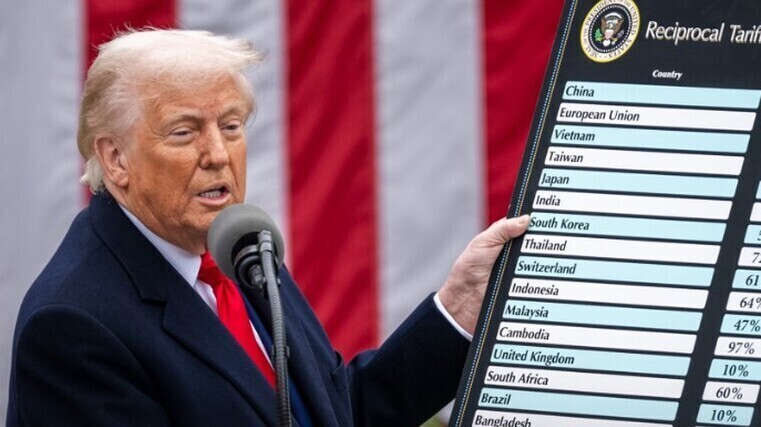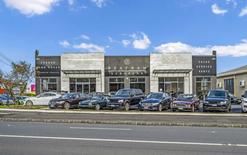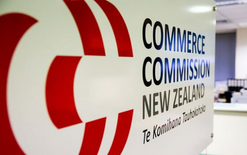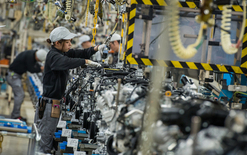Debate on car-parts tariffs

Donald Trump is considering some automotive exemptions from tariffs announced by his regime.
The White House confirmed the news to CNBC last week following a report in the Financial Times that the president may exempt motor-vehicle parts from the charges on imports from China, as well as levies on steel and aluminium.
The exemption would be separate from 25 per cent tariffs on imported vehicles and 25 per cent tariffs on imported automotive parts slated to take effect by May 3.
Separately, the 25 per cent tariff on cars imported from Canada into the US could go up, reports CNBC.
“When I put tariffs on Canada – they’re paying 25 per cent – but that could go up, in terms of cars,” Trump told reporters. “All we’re doing is we’re saying, ‘we don’t want your cars, in all due respect’. We want to make our own cars.”
Carmakers and industry policy groups in the US have been lobbying the president for some relief on tariffs. Trump exempted motor vehicles from his so-called “reciprocal” geographical tariffs for steep duties on imports from dozens of countries.
However, the automotive industry is still facing 25 per cent levies on steel and aluminium, and by the same percentage on all imported vehicles into the States. The tariff on automotive parts set for May 3 will be in addition to those other duties.
Any exemptions or “de-stacking” of rates would be welcomed by American automotive executives. In particular, the upcoming tariffs on parts have them concerned about costs compounding.
Action taken in Japan
Japan’s government has unveiled emergency economic measures to counter the adverse effects of higher tariffs imposed by Trump ahead of a second round of bilateral trade talks.
The plan includes a 10-yen per litre petrol subsidy and partial electricity bill support for three months.
Prime Minister Shigeru Ishiba says a larger scope of companies will be eligible for low-interest loans extended by government-backed banks to help small and mid-sized businesses, which are more vulnerable to economic swings. The package could be financed by a reserve fund, eliminating the need for an extra budget.
It has also been hinted that the government will consider extra measures to boost domestic consumption depending on how much US tariffs impact on Japan’s car industry.
Ishiba says they could greatly “hurt” Japan’s domestic industry, and has emphasised the need for Tokyo and Washington to work together.





